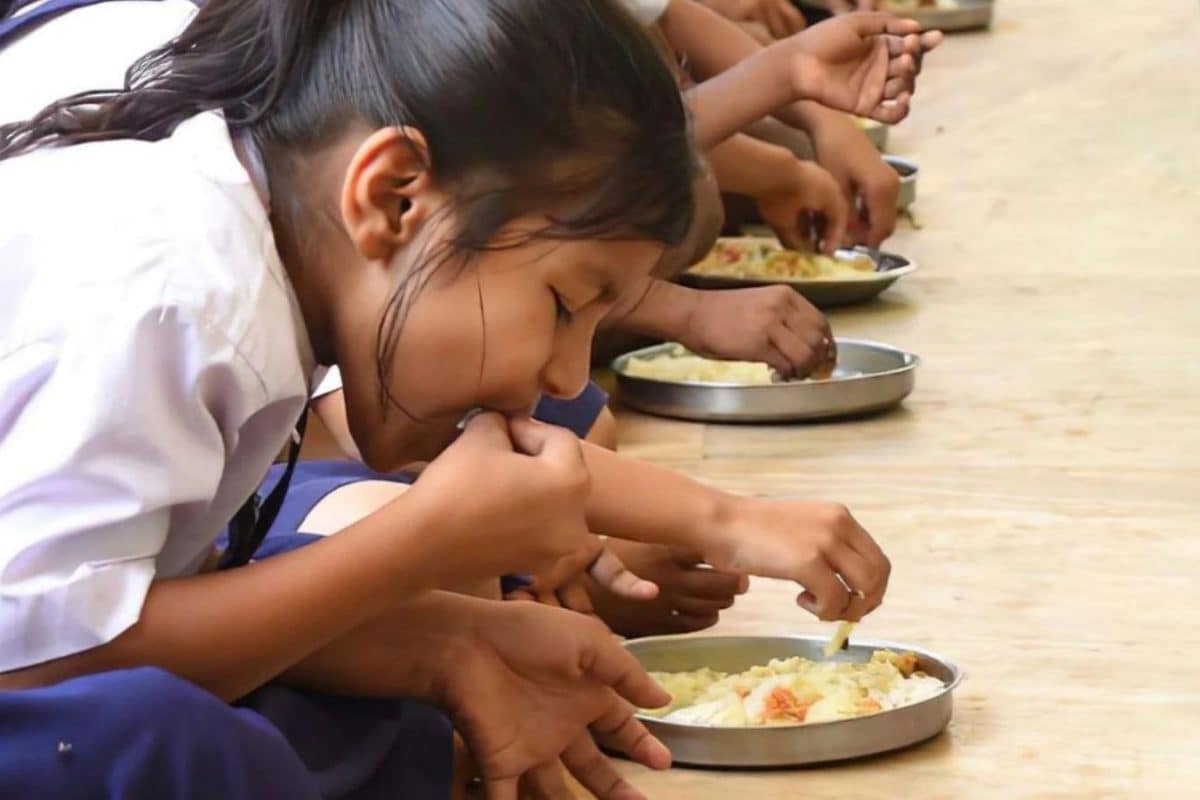

Poshan Abhiyaan, also known as the National Nutrition Mission, was launched on March 8, 2018, with the goal of improving the nutritional status of children, adolescent girls, pregnant women, and lactating mothers. The mission aims to reduce stunting, under-nutrition, anemia, and low birth weight in children through a targeted and integrated approach. Poshan Abhiyaan is a multi-ministerial initiative, implemented by the Ministry of Women and Child Development, that integrates various schemes to deliver holistic nutrition services using a coordinated and technology-driven approach.
The primary objective of Poshan Abhiyaan is to create a malnutrition-free India by 2022; however, efforts and targets are ongoing. Key targets include:
Poshan Abhiyaan is built on four strategic pillars:
Poshan Pakhwada is an annual nutrition awareness drive that promotes community participation in addressing malnutrition. In 2025, the 7th edition of Poshan Pakhwada is being observed from April 8 to April 22. The focus is on maternal and infant nutrition, digital accessibility for beneficiaries, and combating childhood obesity, with outcome-based interventions to enhance nutritional well-being. Special emphasis is given to the first 1,000 days of a child's life, educating families about maternal nutrition, breastfeeding, and balanced diets.
To further strengthen the efforts, Mission Poshan 2.0 was launched in 2021, merging Poshan Abhiyaan and the Supplementary Nutrition Programme. This consolidated effort aims to enhance coordination, promote operational efficiency, and implement a holistic approach to delivering nutrition services. The objectives of Poshan 2.0 include contributing to human capital development, addressing malnutrition challenges, promoting nutrition awareness, and addressing nutrition-related deficiencies through key strategies.
Poshan Abhiyaan has made significant strides in improving nutrition outcomes in India. Data from December 2023 indicated that 36% of children below six years were stunted, 17% were underweight, and 6% of children below five years were wasted. The National Family Health Survey-5 (NFHS-5) 2019-21 showed improvements in nutritional indicators compared to NFHS-4 (2015-16), with stunting decreasing from 38.4% to 35.5%, underweight from 35.8% to 32.1%, and wasting from 21.0% to 19.3%.
Despite these achievements, several challenges remain:
To ensure the long-term success of Poshan Abhiyaan, sustained innovation and policy responsiveness are essential. This includes addressing technological limitations, strengthening coordination mechanisms, focusing on high-impact interventions, and promoting community participation. Continued efforts to address the underlying socio-economic and cultural factors, along with improved sanitation and hygiene, are also vital for achieving the goal of a malnutrition-free India.